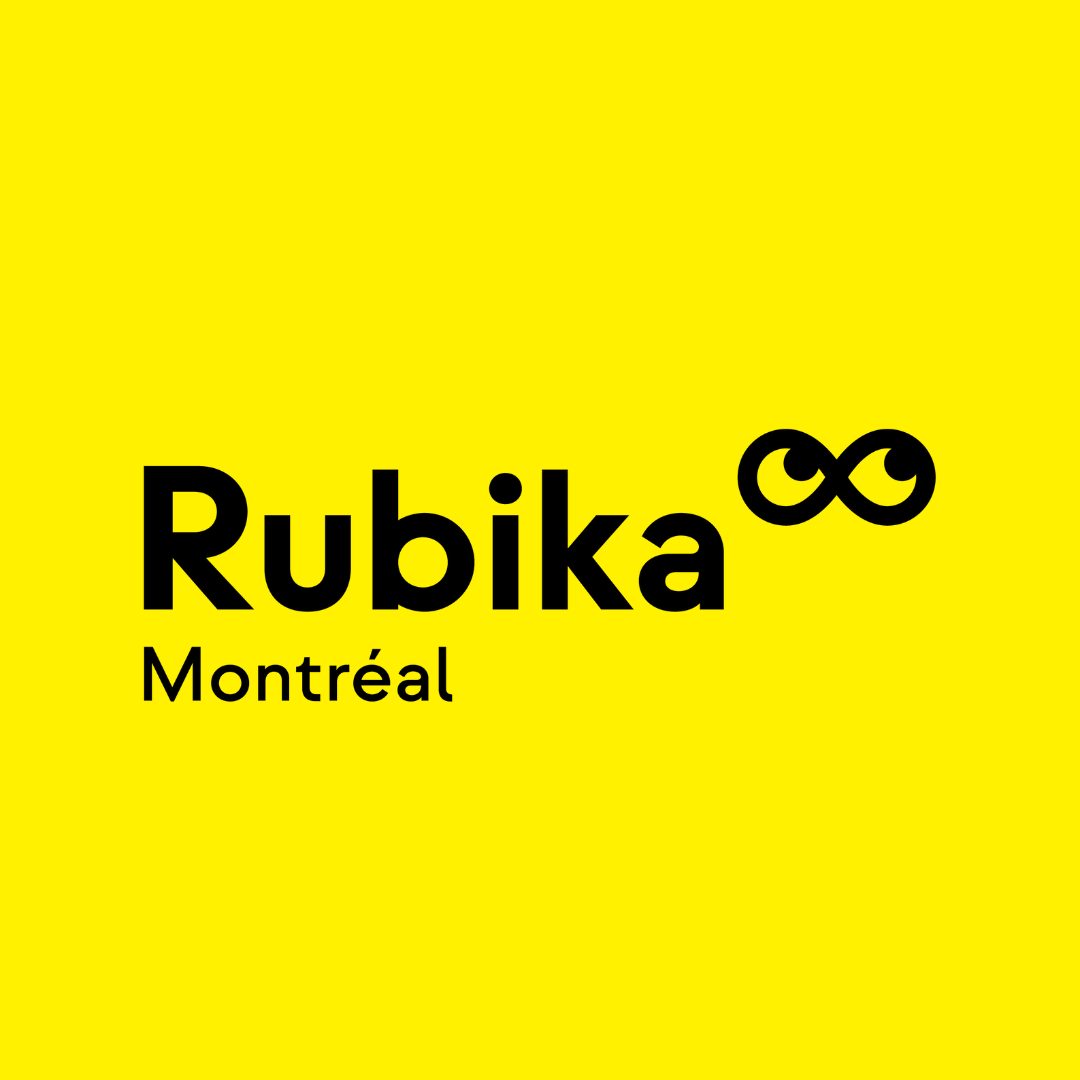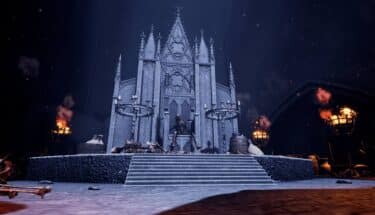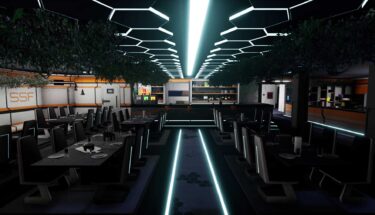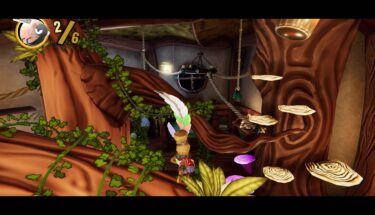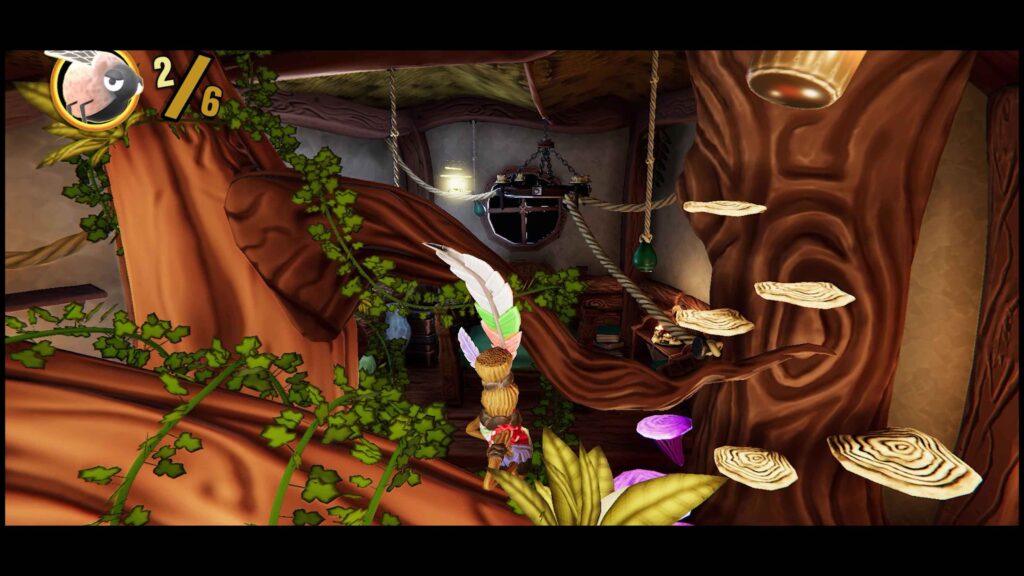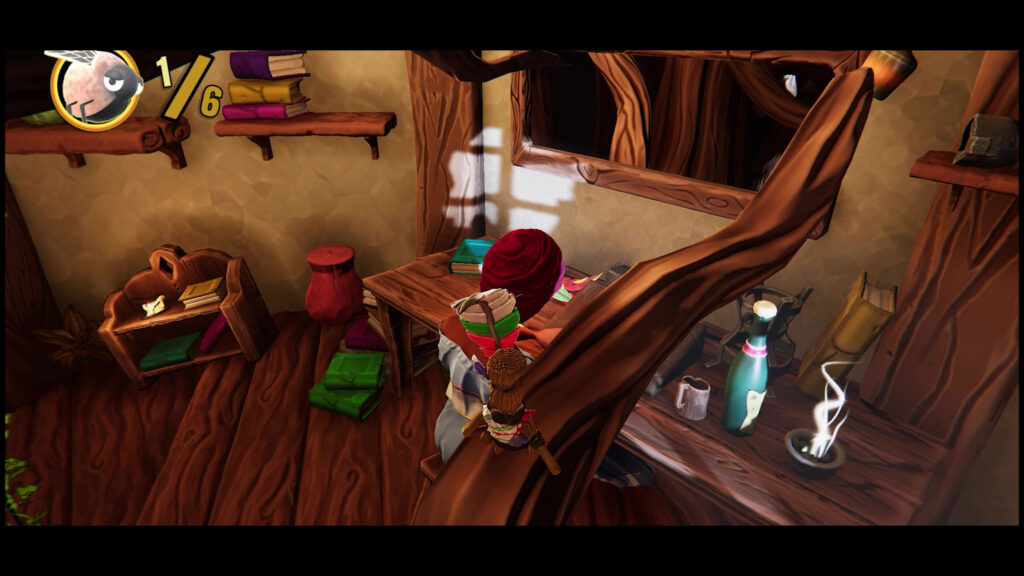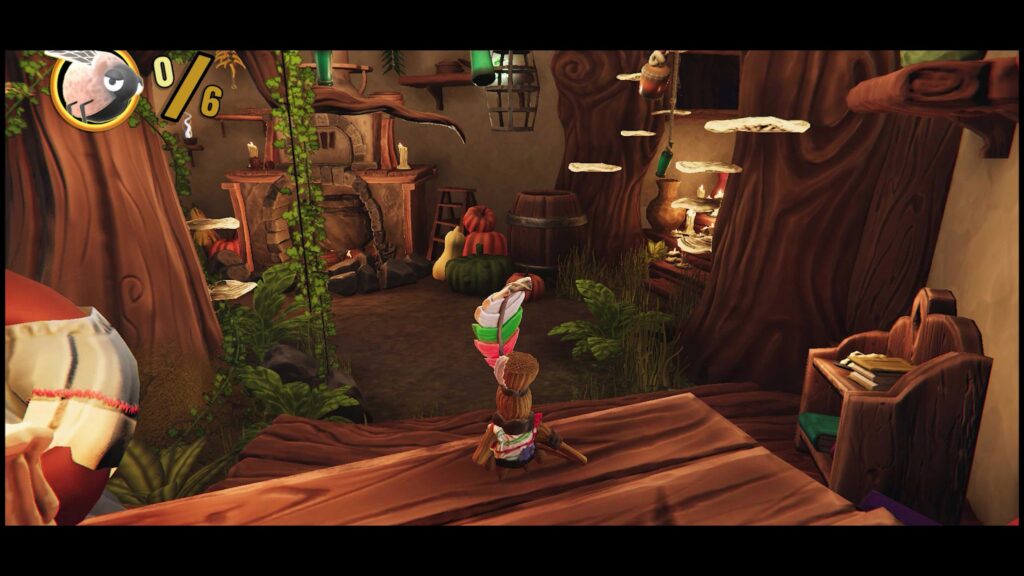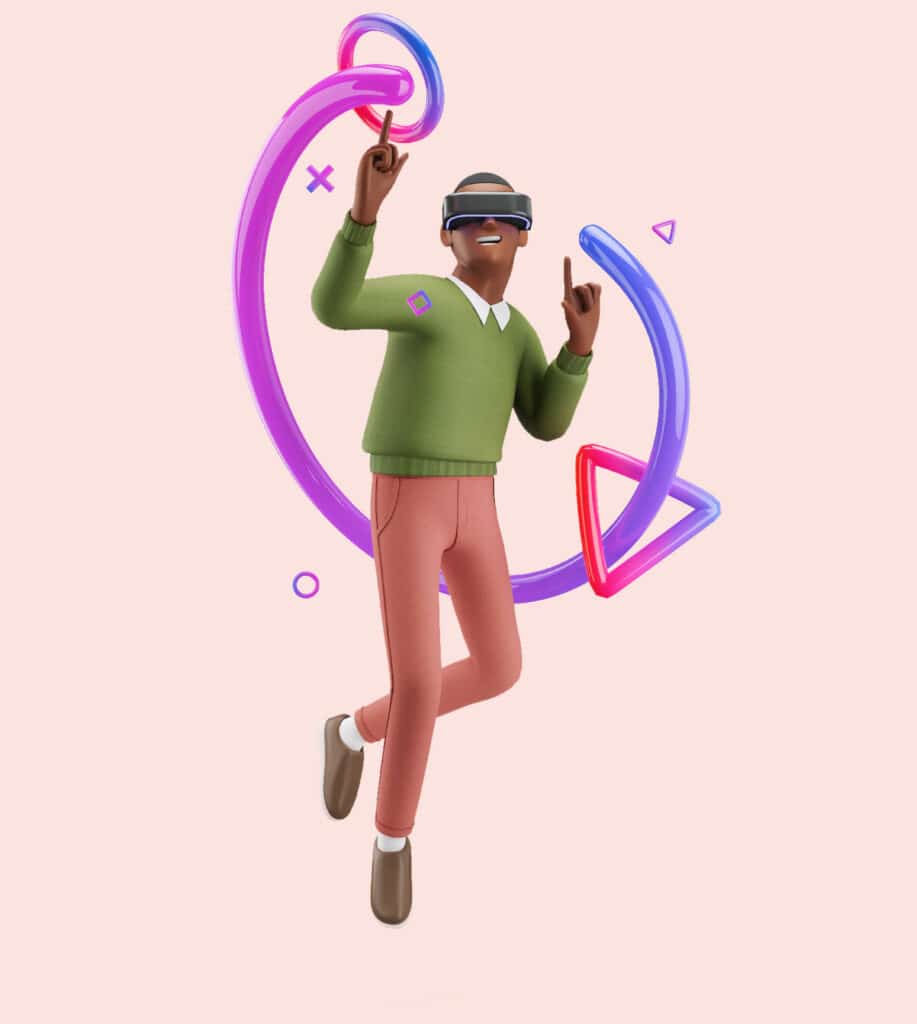
“Artistic and technical production of video games NTL.1M” training (Tech-Art)
The ”Artistic and technical production of video games NTL.1M” (Tech-Art) program trains students to become Technical Artist, a “hybrid” specialist between artistic creation and programming.
Technical and demanding, the training places students in conditions similar to those of a professional studio.
Students learn to create video game projects by mastering both the creative aspect (creation of processing materials, shaders, particule systems, special effects, game dressing…..) as well as the technical dimension (rigging, programming, integration…).
In addition to technical knowledge, students learn to work in a team and to supervise all stages of production.
This training is authorized by the Minister of Higher Education. Permit no. 693603
Training objectives
Duration : 3 years – Language of instruction : French/English – Montreal.
We are committed to prepare the creative minds of tomorrow.
Download the full programMaster
3D design methods and tools
Create
immersive game prototypes
Develop
a videogame culture and an analytical mind
Understand
the production chain of a video game
Realize
video game projects within a multidisciplinary team
Acquire
the working methods of a professional studio
Quelques projets étudiants :
Training plan
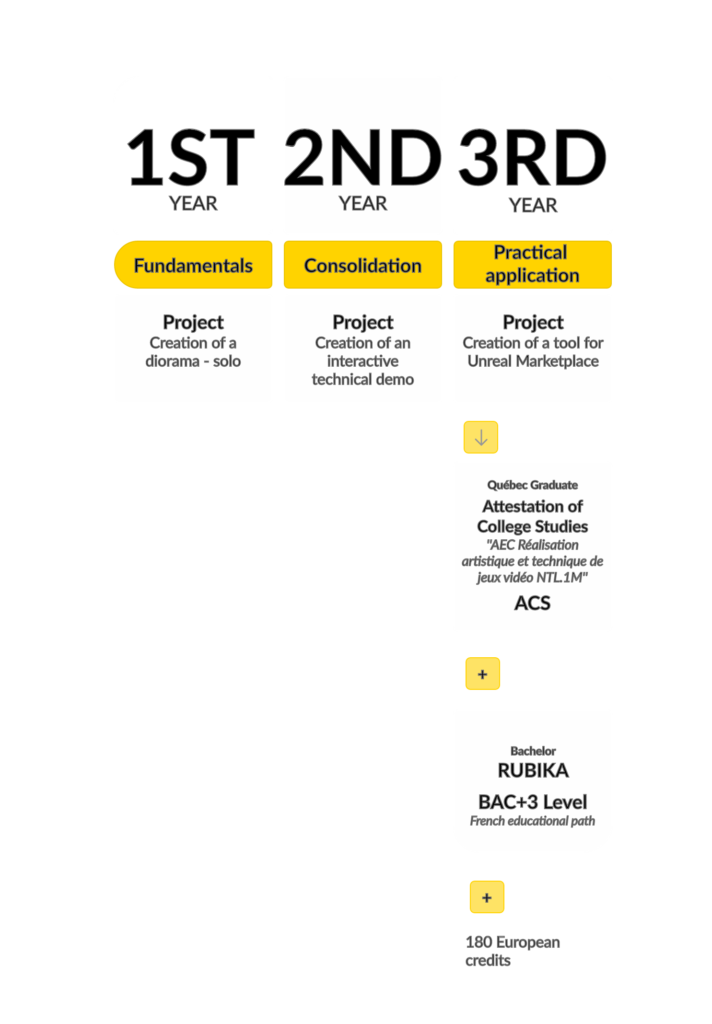
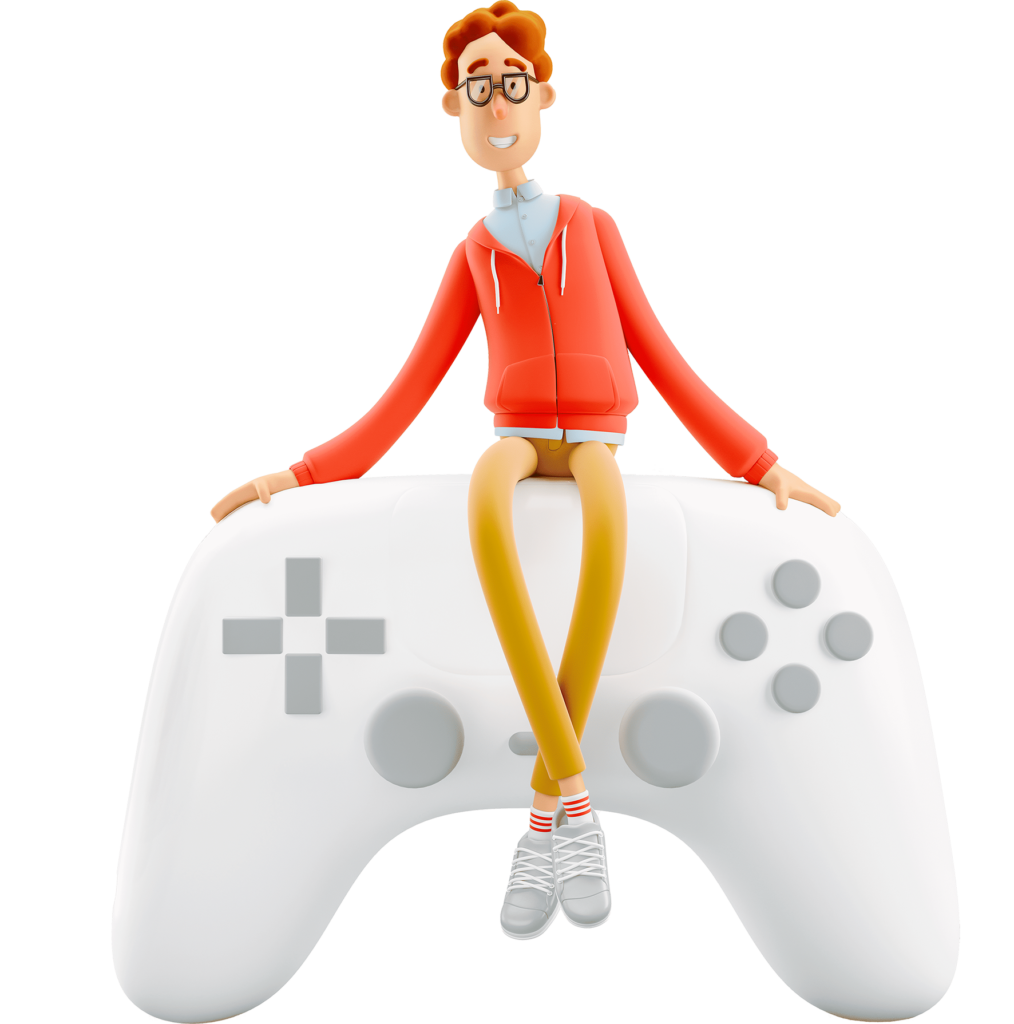
Training plan
The school offers you to develop advanced skills in the most promising fields of the video game industry in a learning context identical to the one you will find later. The program lasts 33 months divided into 6 sessions (3 years).
Pedagogy : 1890h AEC hours + 240h of experimental studies
At the end of your training you will obtain a double diploma :
• 3-year AEC (Quebec)
• Bachelor Rubika + 180 European credits – Level 6 EQF. (France).
Duration of the training: 3 years
Cost of the training: 14 350 $ CAD/year
This training is authorized by the Minister of Higher Education. Permit no. 693603
2nd semester
Learn the basics
3D Film’s history + Game -2
Introduction to programming – 2
Technical document writing
2D Graphics -2
3D objects modeling -2
3D environment creation -2
4th semester
Consolidation
English -2
3D Character Modeling -2
3D Object Modeling -4
Programming in Unity -2
3D environment creation -4
Project management -2
6th Semester
Putting it into practice
English -3
3D environment creation -6
3D Character Modeling -4
Game engine programming -2
3D Object Modeling -6
Project management -4
1st semester
Learn the basics
Technical artist’s role – 1
History of 3D film + game – 1
Introduction to programming – 1
English -1
2D Graphics – 1
3D Object Modeling – 1
3D environment creation – 1
3rd semester
Consolidation
Programming in Unity -1
Communication -1
3D Character Modeling -1
3D Object Modeling -3
3D environment creation -3
Project management -1
5th Semester
Putting it into practice
Communication -2
3D Character Modeling -4
3D Object Modeling – 5
Game engine programming -1
3D environment creation -5
Project management -3
Diploma
Double diploma – 3-year AEC (Quebec) & Bachelor Rubika + 180 European credits – Level 6 EQF. (France)
1st semester
Learn the basics
Technical artist’s role – 1
History of 3D film + game – 1
Introduction to programming – 1
English -1
2D Graphics – 1
3D Object Modeling – 1
3D environment creation – 1
2nd semester
Learn the basics
3D Film’s history + Game -2
Introduction to programming – 2
Technical document writing
2D Graphics -2
3D objects modeling -2
3D environment creation -2
3rd semester
Consolidation
Programming in Unity -1
Communication -1
3D Character Modeling -1
3D Object Modeling -3
3D environment creation -3
Project management -1
4th semester
Consolidation
English -2
3D Character Modeling -2
3D Object Modeling -4
Programming in Unity -2
3D environment creation -4
Project management -2
5th Semester
Putting it into practice
Communication -2
3D Character Modeling -4
3D Object Modeling – 5
Game engine programming -1
3D environment creation -5
Project management -3
6th Semester
Putting it into practice
English -3
3D environment creation -6
3D Character Modeling -4
Game engine programming -2
3D Object Modeling -6
Project management -4
Diploma
Double diploma – 3-year AEC (Quebec) & Bachelor Rubika + 180 European credits – Level 6 EQF. (France)
Your future teachers
Our teachers are active professionals who conveys to you skills from their domain of expertise. This allows us, in other words, to assure you as a future graduate, to be at the cutting edge of technology required by the industry.
Aucun resultat à afficher pour le moment

Admission requirements
To be admitted, you must have a high school diploma 5 + 1 (Province of Quebec) – any (student job, CEGEP or sabbatical), a grade 12 (Ontario) or Baccalauréat (France).
You will also have to pass the entrance exam which will confirm your talent and creative potential.
This one-day exam covers topics such as: general and specialized video game culture, basic mathematics and logic, isometric modeling… This pre-selection allows us to detect the talented creative person that you are!
